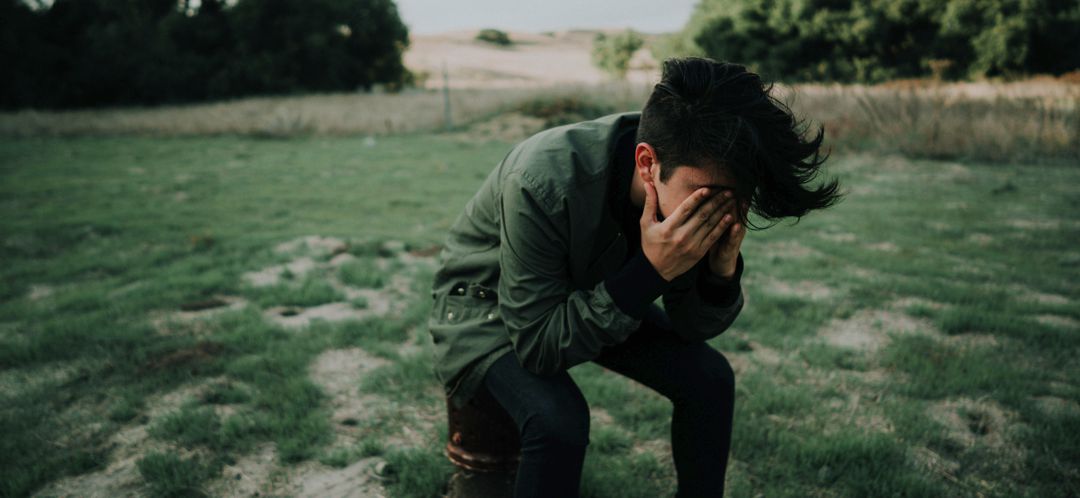
Stress and anxiety can take a toll on all of us.
With COVID-19, online school, small or nonexistent social lives and current world events, our children and teens are feeling it too.
 Dr. Erica Laber, pediatrician at TMCOne’s Wilmot Pediatrics, shared some insight on how to tell if your child or teen may be depressed or anxious, and how to help. She recognizes that everyone – adults and children – is struggling right now and encourages adults and teens to be compassionate towards one another.
Dr. Erica Laber, pediatrician at TMCOne’s Wilmot Pediatrics, shared some insight on how to tell if your child or teen may be depressed or anxious, and how to help. She recognizes that everyone – adults and children – is struggling right now and encourages adults and teens to be compassionate towards one another.
“We are all in this together and struggling,” she said. “Empathy and compassion towards one another goes a long way.”
Signs your child might be struggling
Some signs of depression include:
- withdrawal
- sadness
- hopelessness
- changes in eating or sleeping
- poor school performance
- suicidal thoughts or self-harm
For anxiety, panic attacks can happen in teens. They may experience stress and exhibit changes in sleep or eating.
How you can help your teen talk about their feelings
We all know teens can withdraw from adults when it comes to talking about their emotions, but parents can do some things to make having conversations a little easier.
“Focus on listening, not lecturing,” Dr. Laber said. “Be patient and gentle and acknowledge their feelings.”
When to get help
Dr. Laber recommends seeking medical help when you notice the signs and symptoms or have concerns about changes in behavior.
“Parents should trust their instincts,” she said. “If you feel like your teen may be experiencing anxiety of depression, seek help. It’s better to be seen and evaluated early.”
How to help at home
Opening the lines of communication, and compassion can go a long way to helping your teen. You can also encourage mediation, yoga, a healthy diet, good sleep and regular exercise.
Where to get help
Reach out to your child’s pediatrician. Don’t have a pediatrician? Find one here.
If your child is in crisis now and you believe they are suicidal or need immediate help, call 911 or the Community-Wide Crisis Line at (520) 622-6000.
The crisis line is available to help anyone, regardless of age or ability to pay, who is experiencing an acute psychiatric emergency or other immediate behavioral health need. Operated by the Crisis Response Network of Southern Arizona with oversight from Community Partnership of Southern Arizona, the center staffs a 24-hour crisis line.